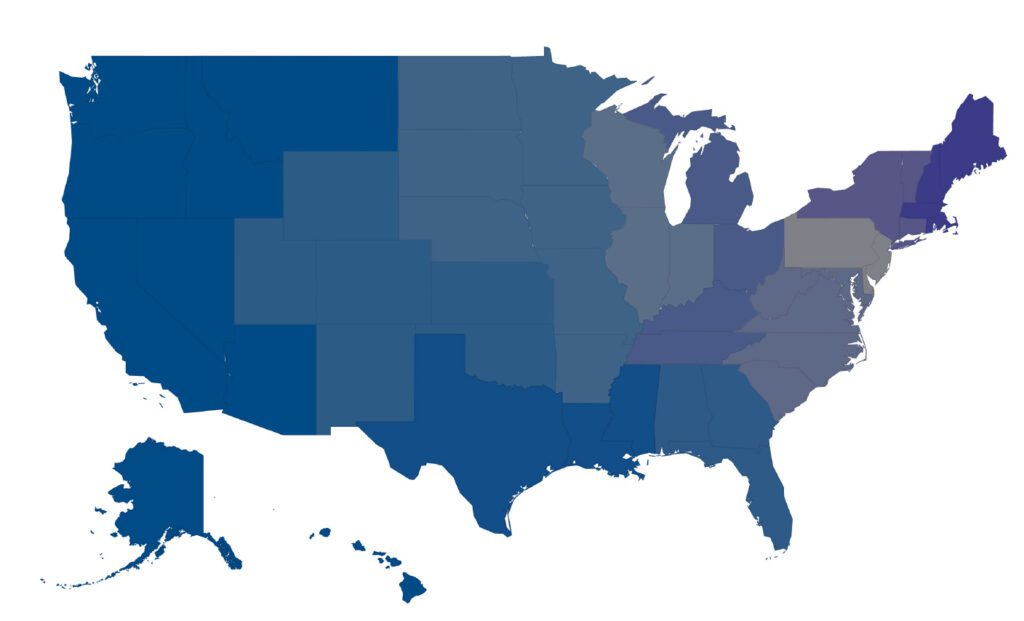Pennsylvania Rules of Appellate Procedure
Rule 1731. Automatic Supersedeas of Orders for the Payment of Money
“(a) General Rule.—Except as provided by subdivision (b), an appeal from an order involving solely the payment of money shall, unless otherwise ordered pursuant to this chapter, operate as a supersedeas upon filing with the clerk of the lower court of appropriate security in the amount of 120% of the amount found due by the lower court and remaining unpaid. Where the amount is payable over a period of time, the amount found due for the purposes of this rule shall be the aggregate amount payable within 18 months after entry of the order.
(b) Domestic Relations Matters.—An appeal from an order of child support, spousal support, alimony, alimony pendente lite, equitable distribution or counsel fees and costs shall operate as a supersedeas only upon application to and order of the trial court and the filing of security as required by subdivision (a). The amount and terms of security shall be within the discretion of the trial court.”
P.S. Health and Safety § 5701.309. Limits on supersedeas bond requirements
(a) General rule.–Except as otherwise provided in subsection (b), in civil litigation under any legal theory involving a signatory, a successor of a signatory or an affiliate of a signatory to the Master Settlement Agreement, the supersedeas bond to be furnished during the pendency of all appeals or discretionary reviews of any judgment granting legal, equitable or any other form of relief in order to stay the execution thereon during the entire course of any appellate reviews shall be set in accordance with applicable laws or court rules, provided that the total supersedeas bond that is required of all appellants collectively shall not exceed $100,000,000, regardless of the value of the judgment.
(b) Exception.–Notwithstanding subsection (a), if an appellee proves by a preponderance of the evidence that an appellant is dissipating assets outside the ordinary course of business to avoid payment of a judgment, the court may enter an order that:
(1) Is necessary to protect the appellee.
(2) Requires the appellant to post a supersedeas bond in an amount up to the total amount of the judgment.

**In Federal cases the bond requirement is governed by Federal Rule of Civil Procedure “62(b) Stay by Bond or Other Security. At any time after judgment is entered, a party may obtain a stay by providing a bond or other security. The stay takes effect when the court approves the bond or other security and remains in effect for the time specified in the bond or other security.”**
The information contained on our site is for general information purposes, and you should consult with your attorney for the most up to date civil code or local rule that applies to your case.
Choose the State...
Experience the CSBA Difference today
Expert Guidance • First-Class Service • More Options








